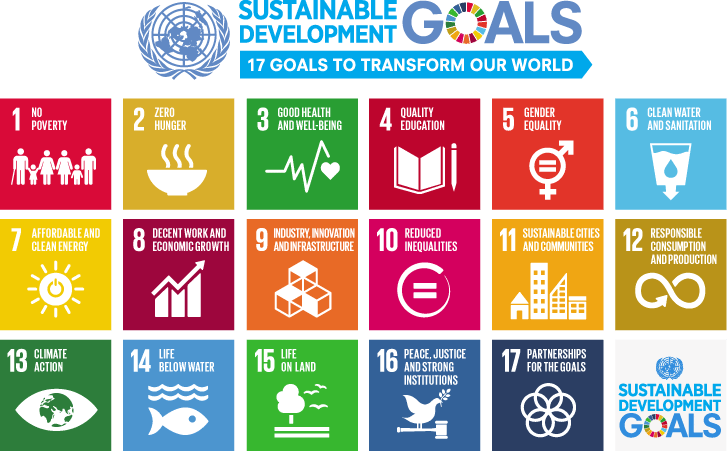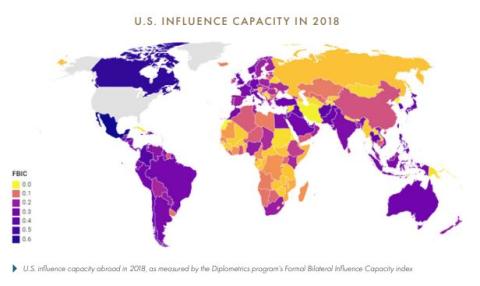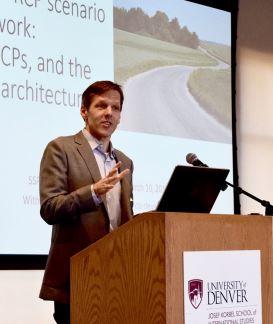ebc1.png?itok=ny20BM2A)
We share our resources with policymakers, academics, and others seeking to improve the ways we contemplate and plan for the global future. Our flagship tool is the International Futures (IFs) model, which combines interconnected models across multiple domains: agriculture, demographics, economics, education, energy, environment, gender, governance, health, infrastructure, international politics, and technology.
The Pardee Center produces policy-relevant research and analytical tools focused on enhancing the future of human well-being. The Center's research explores questions within three focal areas: Patterns of Human Development, Patterns of Societal Development, and Interactions Between Human, Social, and Biophysical Systems. The Center's many clients include non-governmental organizations, international governmental organizations, governments, corporations, think tanks, and others.
What is IFs?
International Futures (IFs) is a tool for thinking about long-term country-specific, regional, and global futures. IFs integrates forecasts across different sub-models that are dynamically connected for 186 countries, allowing IFs to simulate how changes in one system lead to changes across all other systems. As a result, IFs endogenizes more relationships from a wider range of key global systems than any other model in the world. You can use IFs to explore how countries and regions have developed in the past, how they might grow and change in the future, and possible futures based on policy choices.IFs leverages historical data across over 5,000 historical series, identifies and measures trends, and models dynamic relationships to forecast hundreds of variables for 186 countries to the year 2100. To do this, IFs integrates multiple sub-models.
Patterns of Human Development
The Center’s work in this area is currently focused on progress, and impediments to progress, toward achieving the Sustainable Development Goals (SDGs). We explore questions like:
- What are the long-term patterns of human development across countries and regions and how do changes in the dynamics across human, social, and natural systems impact sustainable human development?
- How can progress toward the Sustainable Development Goals and successor goals be anticipated and accelerated, including analysis of trade-offs and synergies that most impact human wellbeing?
- What is the future of income and wealth inequality around the world and how does it interact with the ability of societies to adapt to a changing climate or the vulnerability of societies to social instability?
Research Projects











7d88.png?itok=KI18yp23)
